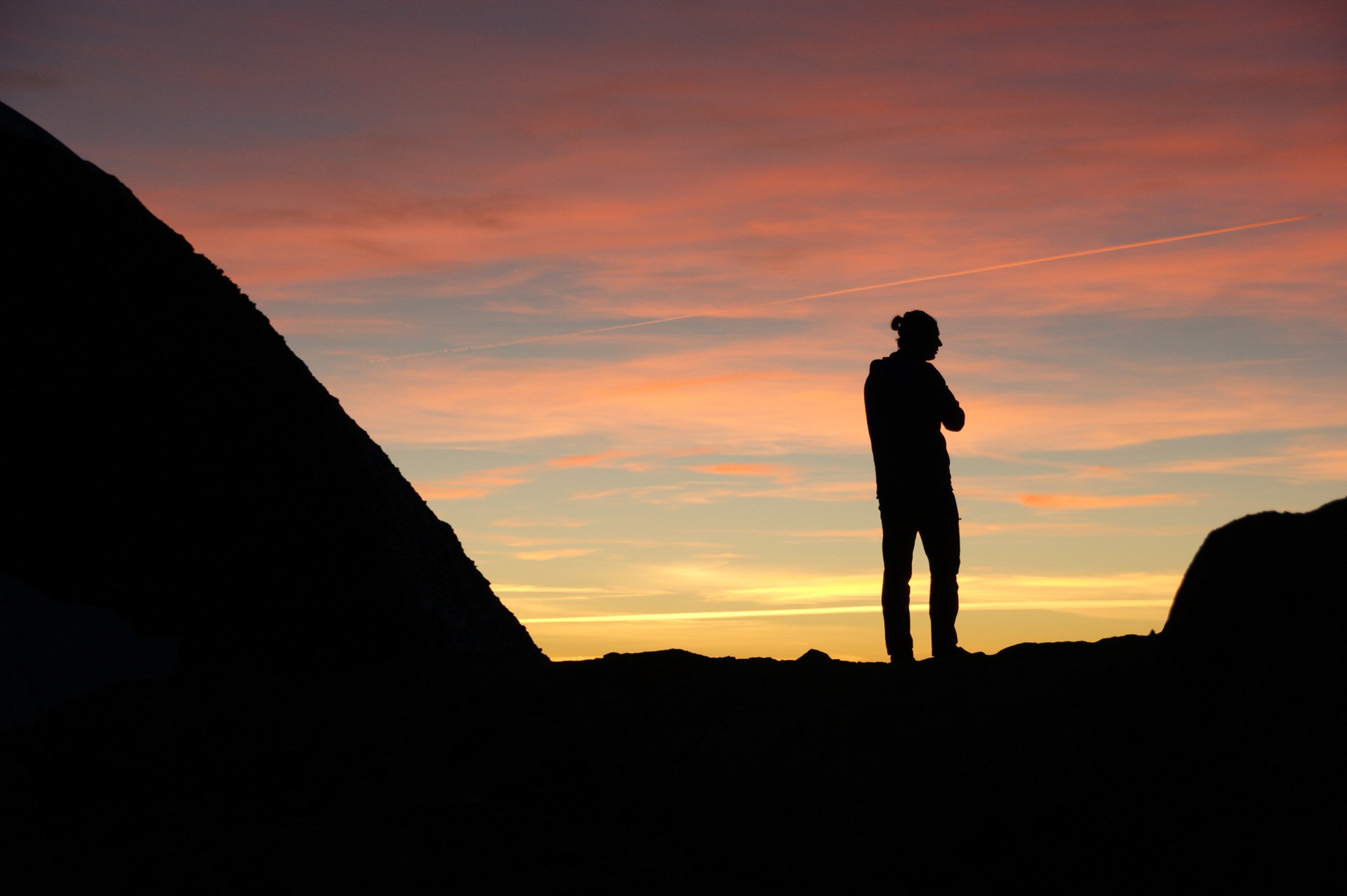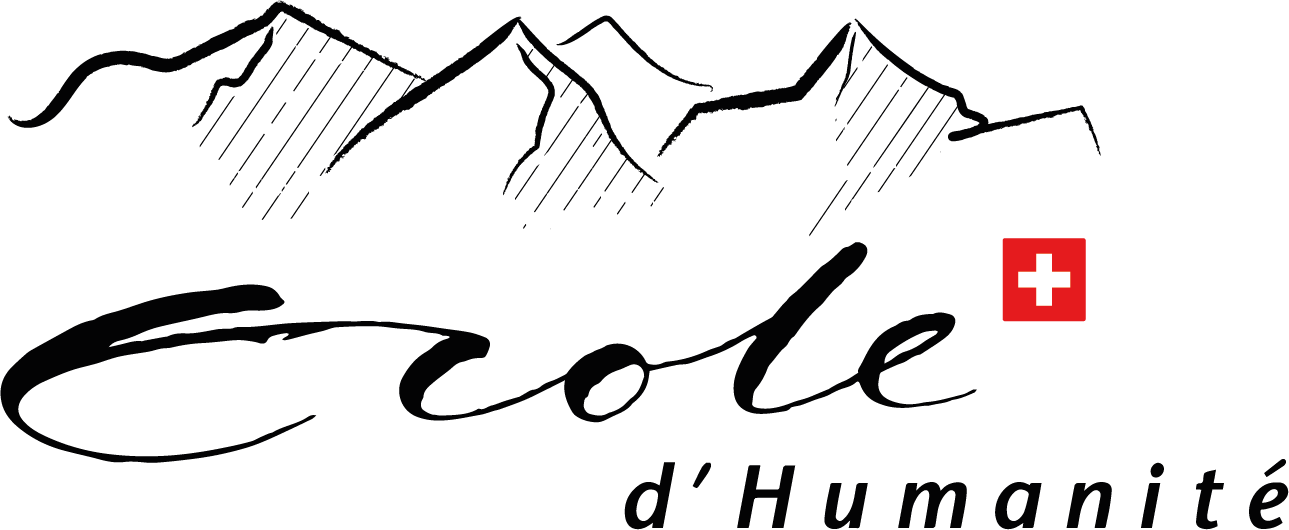
Why We Hike
Hiking — An Essential Part of the Outdoor Program at a Swiss Boarding School
Hiking is a core component of the outdoor program at the Ecole d’Humanité.
Several times per year we pack our bags, lace our hiking boots and set off on alpine trails that surround our boarding school campus.
Each student participates in our hiking program, and we offer hikes of varying degrees of difficulty — gentle wanders through rolling meadows; full-pack tent hikes in the hills of northern Italy; or even mountaineering hikes where students and our certified mountain guides scale 4000 meter peaks!
As we spend time together, encouraging one another on a tough uphill, and enjoying view and the exhilaration that comes at the top of a climb, we form strong bonds of community, experience first-hand the importance of teamwork, and discover in ourselves grit, perseverance and strength. Hiking is about much more than enjoying time in nature. Joshua Curtis, a former teacher in mathematics, piano and football, writes about this experience.
Why we Hike
An Essay by Joshua Curtis
Painful knees, feet, shoulders, backs. Blisters, aches, sunburn, sweat, muscles straining to take steps that we wouldn’t think twice about normally. Everything is too sunny, dirty, grimy, salty, wet. Our next shower is five days away.
Why do we hike? For me, the hikes are the cornerstone of Ecole life, not despite but precisely because of the difficulties, inconveniences, and learning experiences that they present. We spend every waking hour with our groups of around 12-14 people, learning to deal with their flaws and aggravating characteristics but also reviling in their witticisms, quirks, kindnesses and joys. We see firsthand that if we don’t step up to help out, the fire won’t get made, dinner won’t get cooked, water won’t get filled, and everyone will suffer as a result. We are often too tired to care about what we look like, how we should present ourselves to impress others, or who is friends with whom.
Although people invariably want to hike at different speeds, and one or two will often struggle with being the slowest members of the group, we learn to support these people rather than castigating them, since our success is contingent upon theirs. Genuine, deep interactions become the norm.
And then, of course, there is the nature itself. I don’t need to explain the startling, awe-inspiring beauty of the mountains we live amongst every day here in Hasliberg Goldern to anyone. But as we hike, we are confronted with ever-changing, spectacular landscapes that somehow seem even more
stunning, dramatic, and vast because, as my sister once said to me as we snowshoed up the Gibel (a nearby mountain) on Christmas Eve, “The view is just different when you’ve earned it.”
Part of this difference comes from the very visceral representation of effort and reward that hiking offers. We feel the work we have put in physically, all over our bodies, and we see the reward right in front of us, in all directions, as shimmering mountains and ridges pile up behind each other into the infinite, hazy distance.
As humans, we often doubt whether we deserve what we have been given, or even what we have managed to achieve. But as Sarah said to me on the 4-day hike this year, “When we hike, we can’t trick ourselves. When we make it to the top, we know that we did it ourselves.” No one has carried us. There is no room for self-doubt. And the sense of liberation this realization inspires makes all the pain, sweat, and grime more than worth it.
-Joshua Curits


